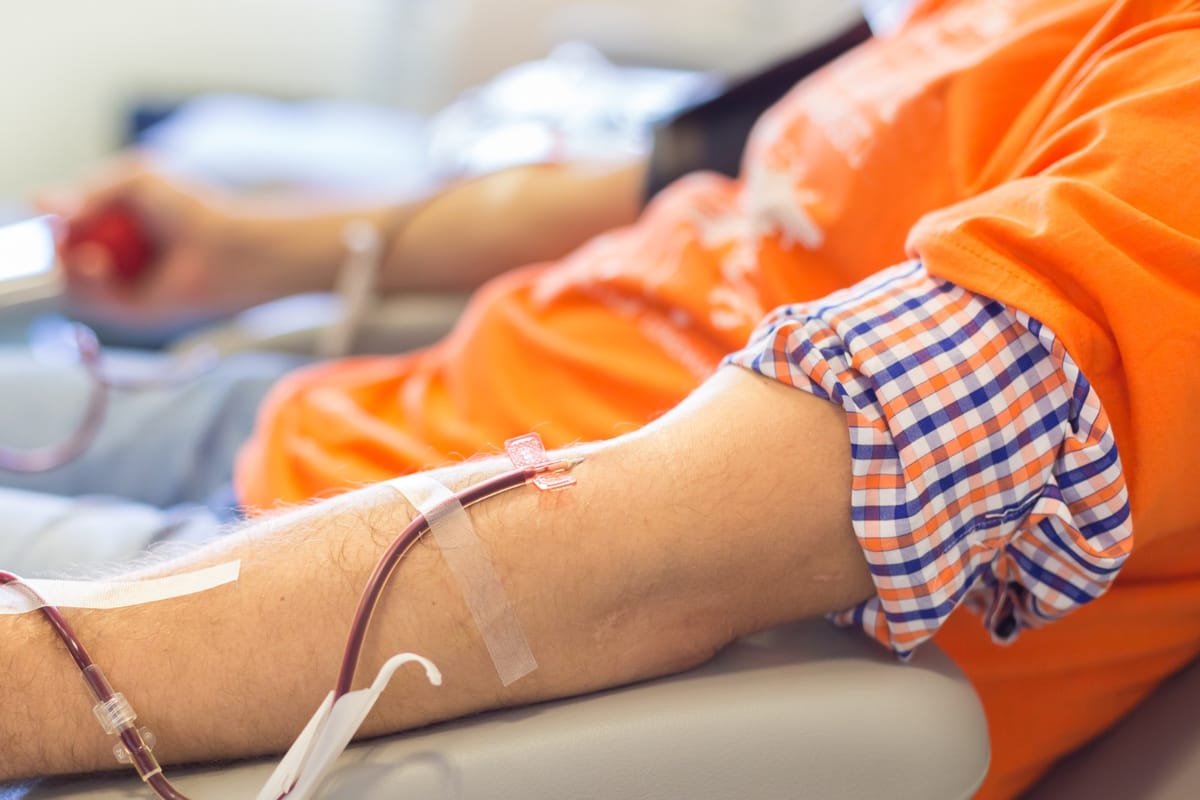Blood Supplies Critically Low As IBTS Issues Urgent Appeal for Donors
Blood supplies critically low across Ireland. IBTS needs 12,000 donations urgently.

The Irish Blood Transfusion Service has issued an urgent appeal for blood donors as national supplies have fallen to critically low levels, with stocks across most blood groups now under three days.
Despite strong collection numbers over the past two months, a combination of high hospital demand and increasing respiratory illness in the community has severely impacted blood donation rates. The IBTS is now calling on the public to help restore supplies to safe levels.
Paul McKinney, Director of Donor Services and Logistics, said:
"Despite strong collections over the last two months, high hospital demand and increasing levels of respiratory illness within the community has impacted our collections and we need the public's help."
The service requires more than 12,000 donations over the coming days and weeks to meet patient needs and hospital demand across the health service.
To address the shortage, the IBTS will hold additional clinics on Sunday, 19 October, and again after the public holiday weekend on 27 October. With nearly 150 clinics nationwide over the next four weeks, there is plenty of capacity for donors to book appointments.
The urgency reflects unprecedented demand on blood services. In 2024, the IBTS issued just under 128,500 units to Irish hospitals, the highest number in over a decade. This exceptionally high demand has continued to increase throughout 2025.
The service particularly needs new donors, younger donors, and donors of all ethnicities, especially those of African heritage. Only 3% of the Irish population are blood donors, with approximately 8% of these donors being O negative. However, as O negative blood can be transfused to patients of all blood groups, issues of this type regularly hit 15% of supply, requiring more frequent calls on these donors.
McKinney added:
"We are asking people who might never have given blood before, or it's been a while, to make it their goal to give blood, and the priceless gift of life, to those in our communities and hospitals who need it."
The IBTS needs to collect 3,200 units of blood every week to maintain the national blood supply. It is estimated that one in four people will require a blood transfusion at some stage in their lives, with 67% of all blood used to support cancer patients.
Existing donors who receive a text message from the IBTS can book an appointment online at www.giveblood.ie or contact the number provided. Anyone interested in becoming a donor can register their interest on the website, where clinic locations, opening hours, and eligibility details are available, or call 1800 731 137.